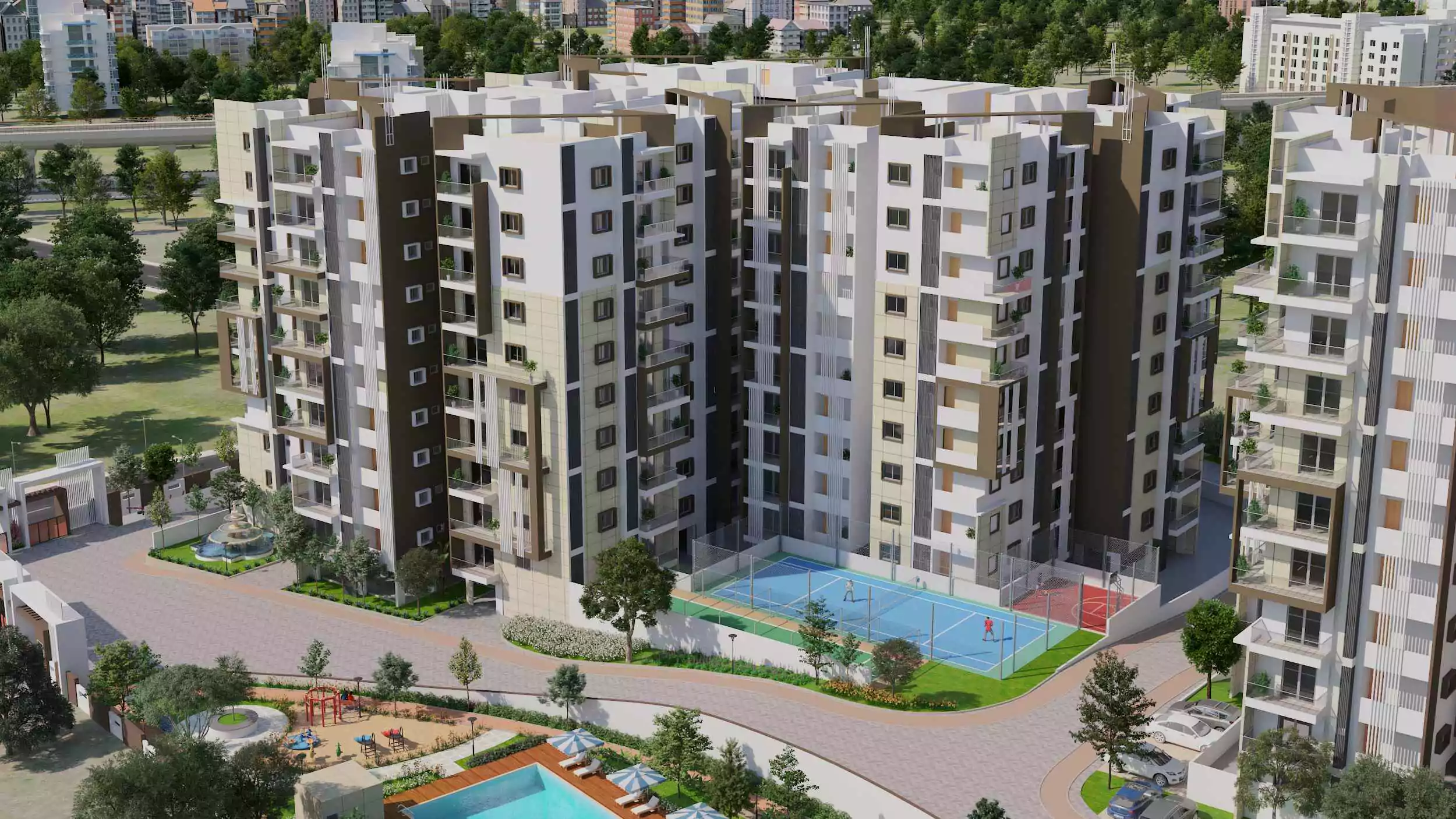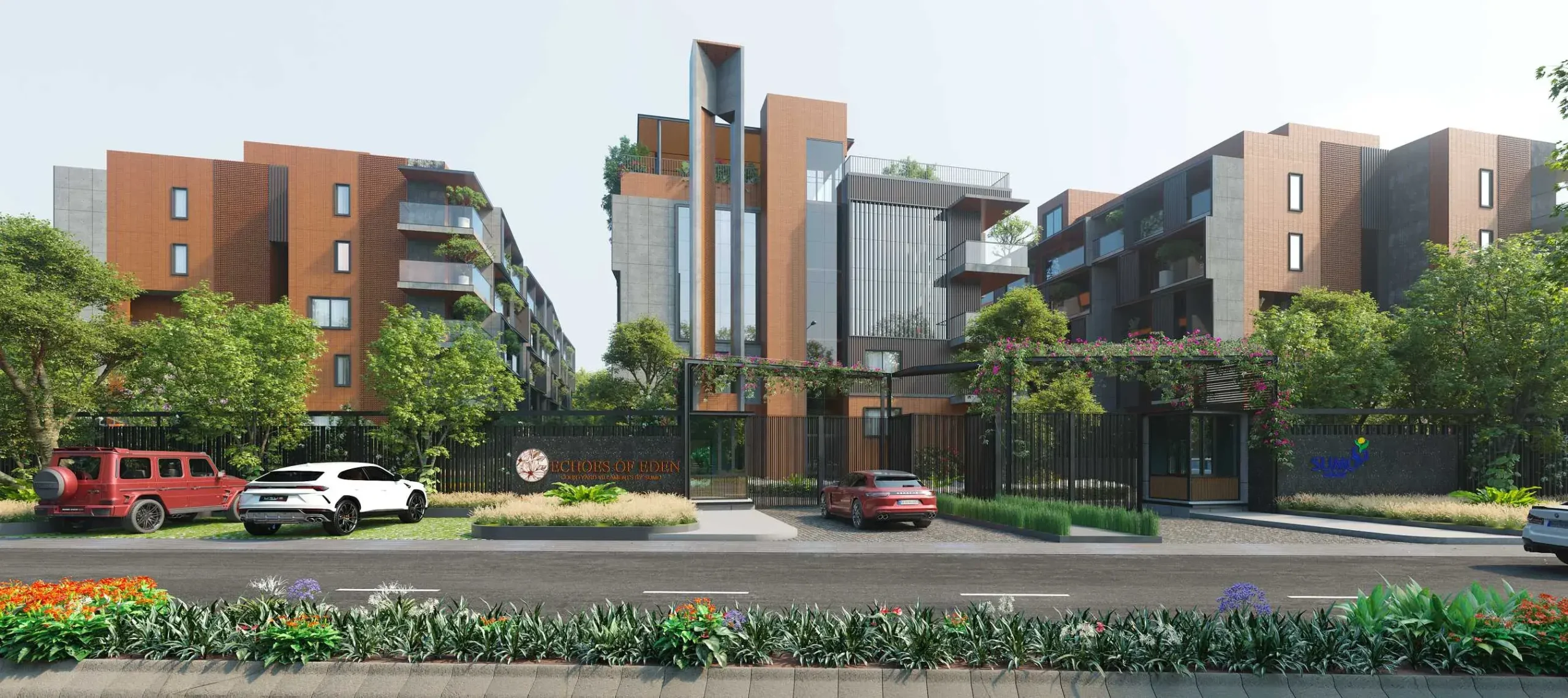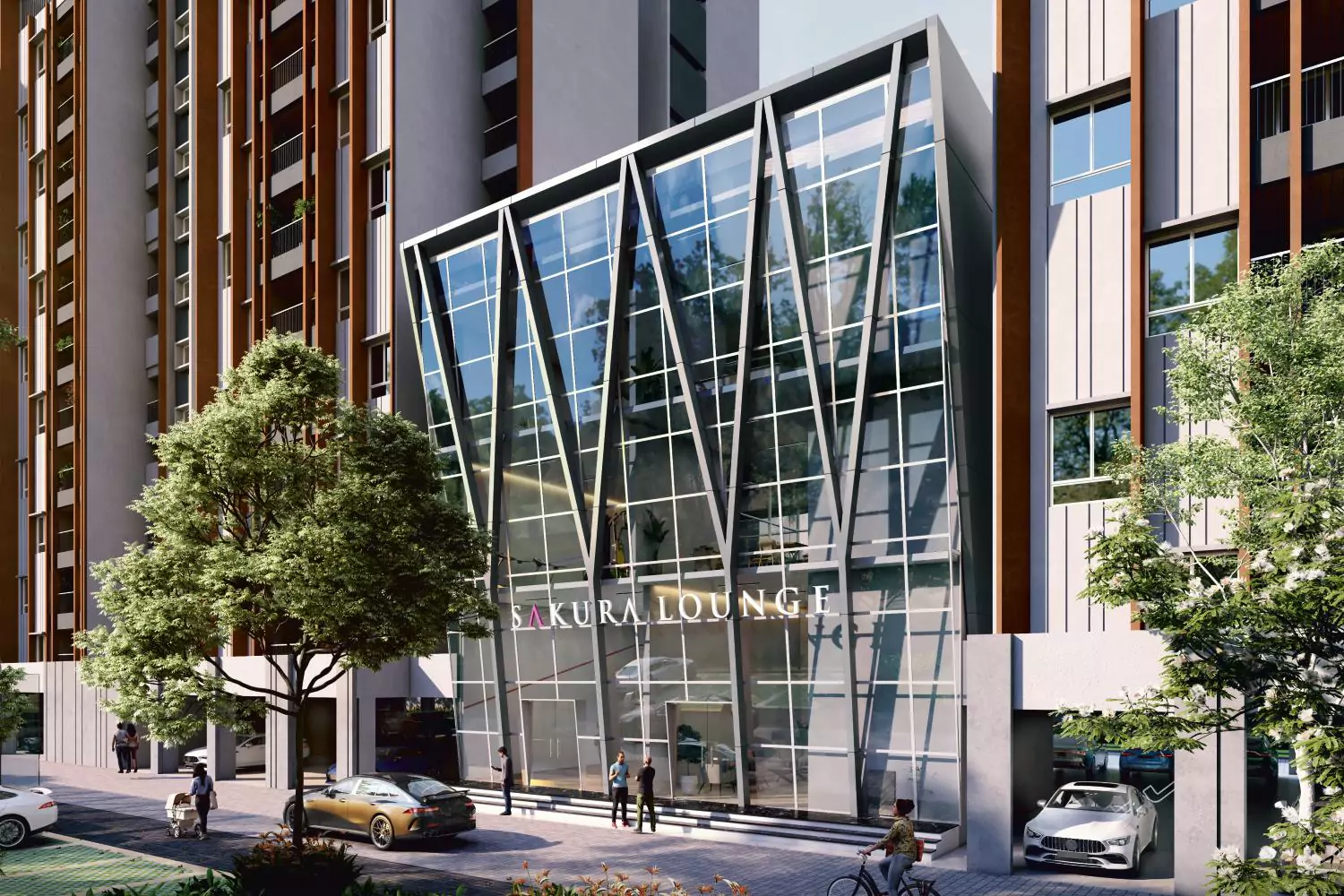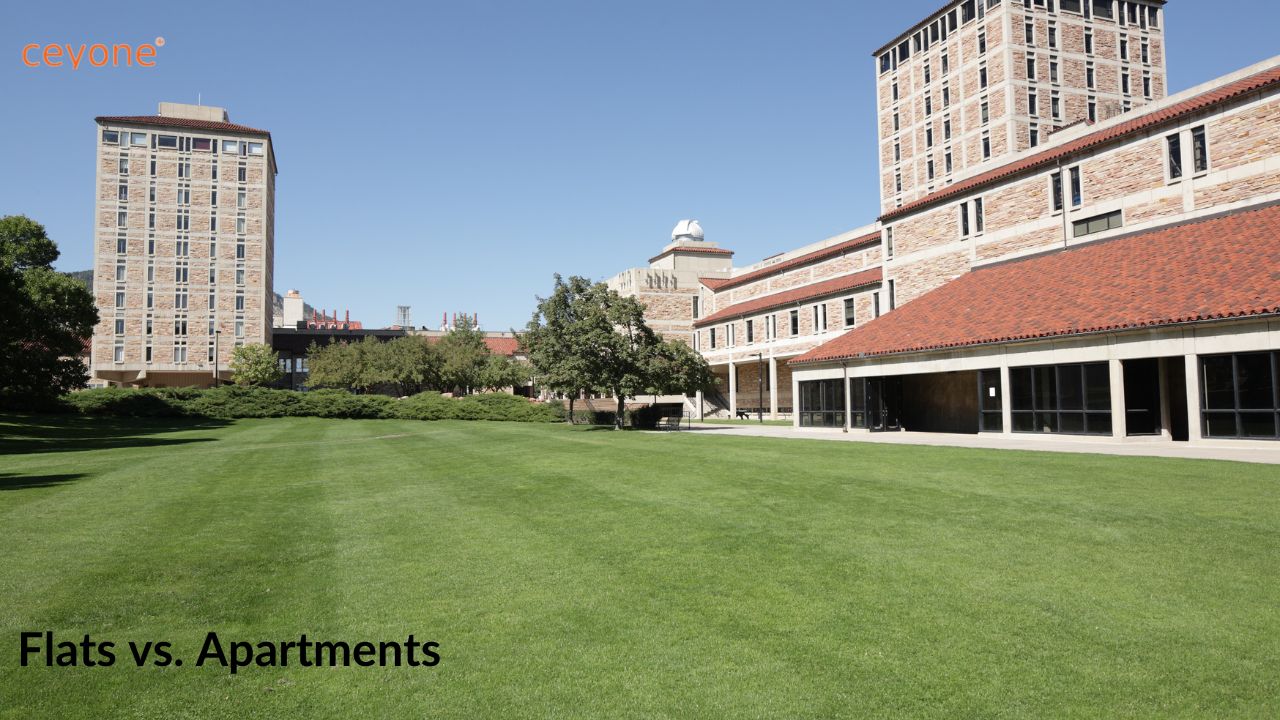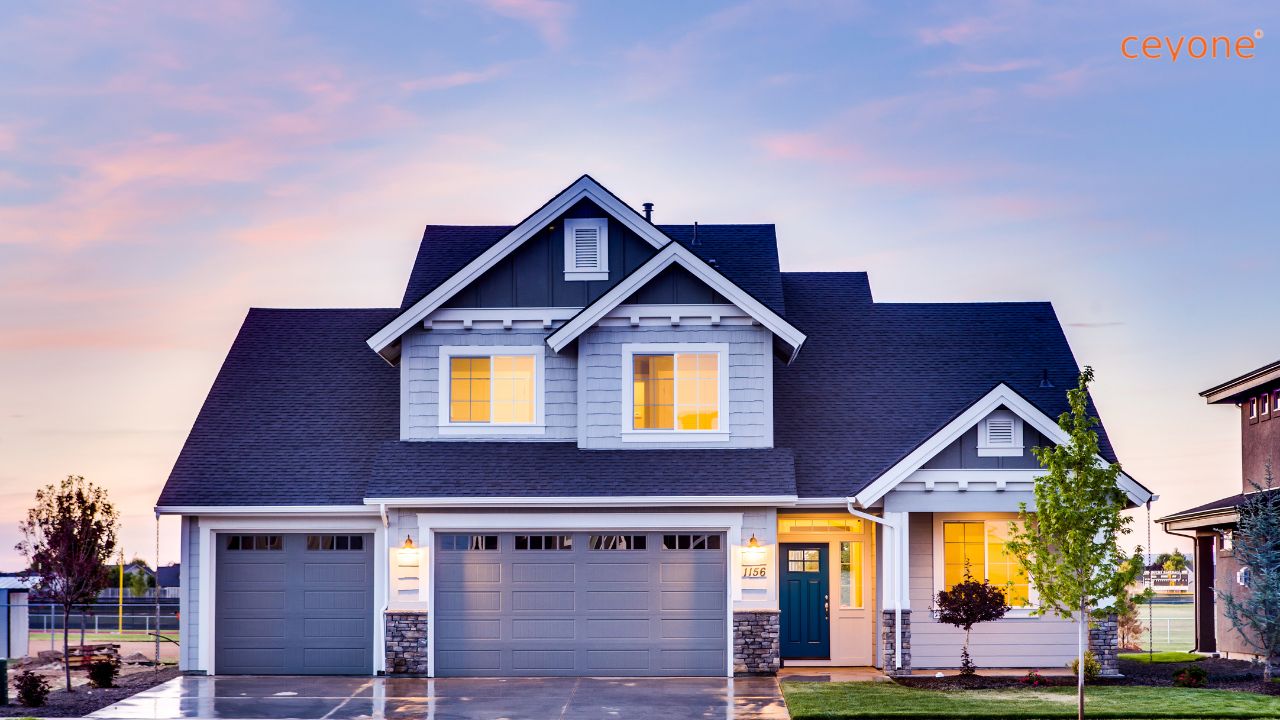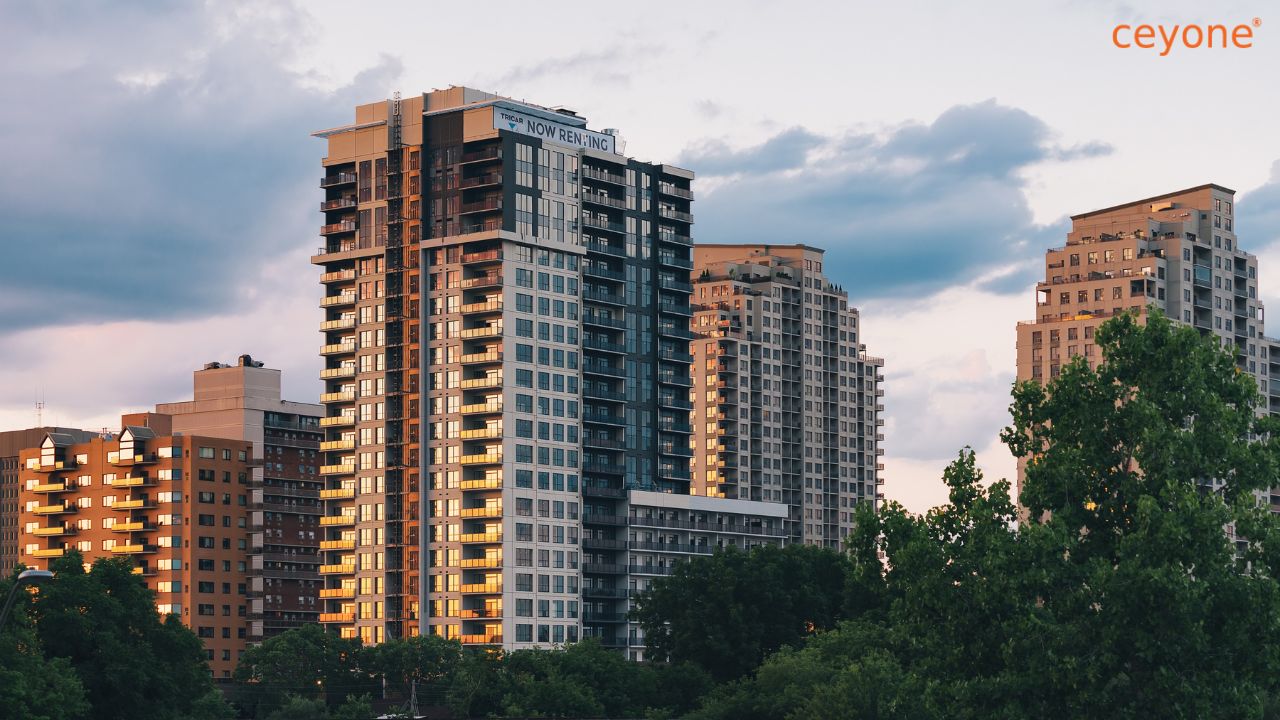4 Ways to Tell If the Quoted Price Is Actually Fair
Confused about whether the quoted price for your new apartment or villa is fair? Discover 4 smart ways to evaluate pricing, compare local rates, and make an informed decision before you buy.
When you’re planning to buy a home — whether it’s an apartment, villa, or plot — one of the first questions that comes to mind is: Is the quoted price actually fair or not?
With multiple developers, brokers, and online listings throwing numbers your way, it can be hard to tell if the quoted price is genuinely worth it or inflated beyond reason. Buying a home is a huge investment, and being well-informed can save you from buyer’s regret later.
At Ceyone, we believe that transparency is key.
Here are 4 practical ways to help you decide whether the quoted price you’ve received is actually fair.
1. Do a Local Market Comparison (Location Matters More Than You Think)
One of the easiest and most effective ways to check if you’re being quoted a fair price is to compare the price with other similar properties in the same location. Real estate prices vary significantly depending on the micro-location — even within the same locality, one side of the road might be priced differently than the other, depending on infrastructure, proximity to schools, tech parks, or upcoming developments.
How to do this:
- Check listings on reliable platforms.
- Talk to 2-3 local brokers. They usually know the real pulse of the locality.
- Visit other ongoing projects nearby and ask for their price per sq.ft or per unit.
Pro Tip:
Don’t just compare by price; compare the type of project, developer reputation, construction quality, amenities, and possession timeline.
Example: A villa community offering private gardens and clubhouse access will naturally cost more than a standalone home. Make sure you’re comparing apples to apples.
2. Understand the Breakup of the Price Quoted
Many buyers look only at the “final amount” quoted and miss the details hidden in the breakup. Understanding what’s included in the quoted price is essential to know if it’s reasonable or if you’re being overcharged in certain components.
Common components of a real estate quote:
- Base price (per sq.ft or per sq.yard)
- Floor rise charges (for apartments)
- Clubhouse & amenities charges
- Car parking
- Development charges (especially for plots)
- Legal & documentation charges
- GST (as applicable for under-construction properties)
Pro Tip:
Ask for a detailed cost sheet. If any charges seem vague or inflated — ask the developer for clarification. Some premiums may be fair for reputed builders, prime locations, or luxury features — but you deserve to know why you’re paying extra.
3. Evaluate the Builder’s Reputation and Project Track Record
The brand and credibility of the developer play a major role in pricing. Projects by reputed developers usually come with a premium price tag, but that premium often translates to peace of mind in terms of construction quality, timely delivery, and better resale value.
What to check:
- How many projects has the builder completed in the past?
- Were those delivered on time?
- What do existing customers say about their experience? (Check Google reviews, forums, or even visit an old completed project.)
- Does the project have all necessary legal clearances?
Pro Tip:
Sometimes, smaller or lesser-known developers might quote lower prices to attract buyers, but that could come with risks like delayed delivery or poor construction. A slightly higher price with a trustworthy builder might actually turn out to be the fairer deal in the long run.
4. Check for Future Potential & Hidden Value
Is the price fair for now, or does it have the potential to appreciate in the future? This is a crucial factor in judging whether you’re making a smart decision.
Properties located in areas with upcoming infrastructure projects (like metro stations, tech parks, highways, or SEZs) often seem “slightly overpriced” today but may deliver excellent returns in the next 3-5 years.
What to research:
- Any planned government infrastructure nearby
- Presence of good schools, hospitals, malls, or offices in development
- Future connectivity plans (check city development authority websites)
Pro Tip:
A higher price may be justified if the property has hidden value due to future development. But be cautious of marketing gimmicks promising unrealistic appreciation. Look for solid, government-backed infrastructure announcements.

Final Thoughts: What’s “Fair” Also Depends on Your Goals
At the end of the day, a fair price isn’t just about market rates — it’s about what makes sense for your goals.
- If you’re buying to live, prioritize comfort, builder credibility, and location convenience over just the lowest price.
- If you’re buying purely for investment, focus more on appreciation potential and rental demand.
Buying a home is a dream come true — and it deserves to be a joyful experience, not a stressful one. This is your space, your future, and your achievement. With the right information and support, you won’t have to worry about second-guessing your decision or dealing with regret later. At Ceyone, we believe homebuying should feel exciting — not exhausting. We’re here to make sure you don’t just buy a home, you buy it right.
We help homebuyers make sense of the market — guiding you not just towards homes, but towards informed decisions. Our focus is always on connecting you to properties that deliver real value, not just shiny brochures. Want help with project comparisons or price negotiations?
Talk to our experts. Ceyone is here to help you buy better.

